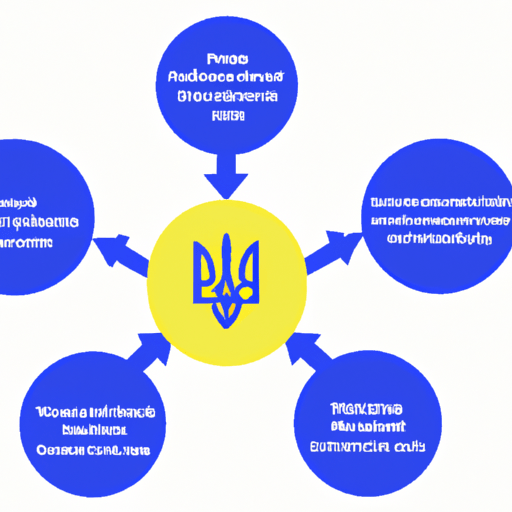“This paper examines the progress of implementing a comprehensive decentralization program in Ukraine. Ukraine was practically the last country of the former Soviet bloc to undertake a comprehensive decentralization program. The decentralization program was based on three pillars:
- a reliance on voluntary amalgamation of the local government units,
- the use of inter-municipal cooperation, and
- enhanced financial incentives.
The authors examine how these policies were implemented as well as the impact on local governments service delivery and fiscal capacity. The analyses are based on available data and the application of statistical tests measuring fiscal resources to the population size and other variables of the local government.
The study has revealed some significant flaws in Ukrainian decentralization policy implementation. The voluntary approach eventually had to be abandoned for a mandatory approach. The weak progress in inter-municipal cooperation did not establish improved service delivery across a large number of local government units. The financial incentives with greater sharing of taxes did not provide sufficient additional resources to make the units financially sustainable. Finally, the results of the local government elections held in the amalgamated units did not reveal widespread support for the new units and the decentralization reforms. These issues create significant risks for the final success of the decentralization reform.”
Glen Wright, S. Slukhai | May 12 2021 | Economics, Political Science | NISPAcee Journal of Public Administration and Policy, https://www.semanticscholar.org/paper/Decentralization-Policy-in-Ukraine%3A-How-Voluntary-Wright-Slukhai/f7f4c7f52283e2430d6af452b8ce37a371810492

